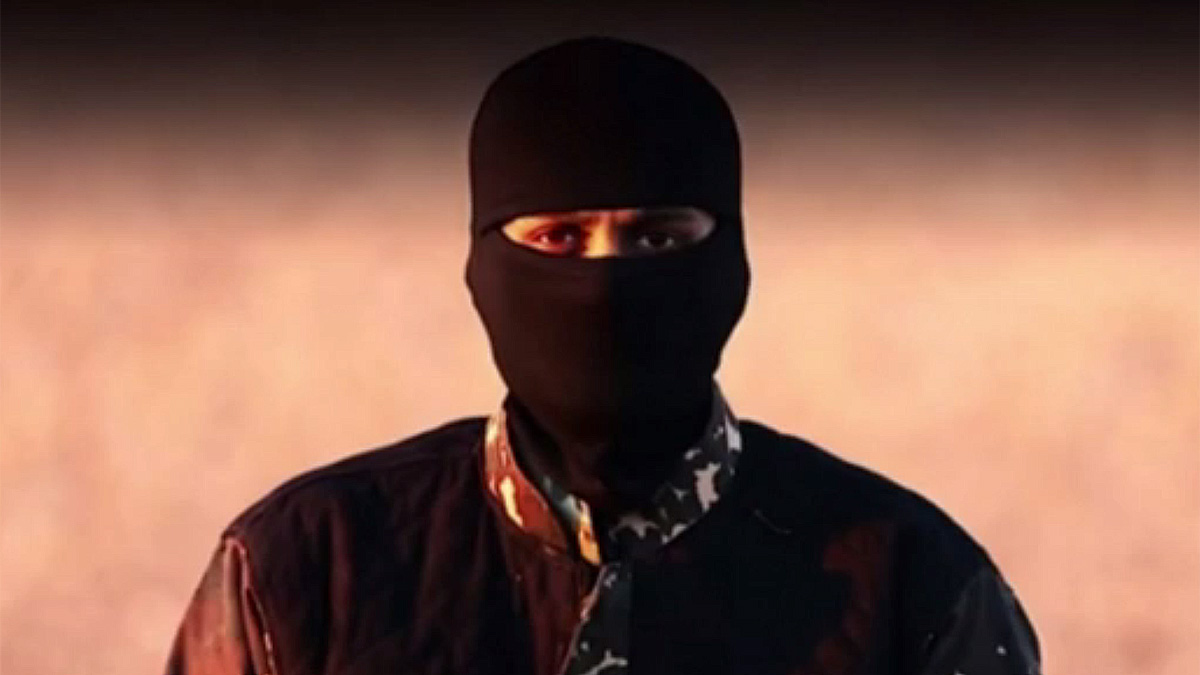UN report unveils 'staggering' level of violence in Iraq
At least 18,800 people killed by Islamic State in less than two years while millions have fled their homes

A free daily email with the biggest news stories of the day – and the best features from TheWeek.com
You are now subscribed
Your newsletter sign-up was successful
Islamic State is inflicting "staggering" levels of suffering on civilians in Iraq, says a new United Nations report.
At least 18,800 people were killed between 1 January 2014 and 31 October 2015, the report estimates, while around 3.2 million people have also been displaced internally.
"So-called Islamic State continues to commit systematic and widespread violence and abuses of international human rights law and humanitarian law, " it says.
The Week
Escape your echo chamber. Get the facts behind the news, plus analysis from multiple perspectives.

Sign up for The Week's Free Newsletters
From our morning news briefing to a weekly Good News Newsletter, get the best of The Week delivered directly to your inbox.
From our morning news briefing to a weekly Good News Newsletter, get the best of The Week delivered directly to your inbox.
"These acts may, in some instances, amount to war crimes, crimes against humanity and possibly genocide."
The report documents killings by IS militants "in gruesome public spectacles, including by shooting, beheading, bulldozing, burning alive and throwing people off the top of buildings", notes the BBC.
It also notes that up to 900 children have been abducted in the IS-held northern city of Mosul to be indoctrinated and given military training, while both women and children have been subjected to "sexual violence".
The militant group is believed to be holding up to 3,500 people as slaves, mainly women and children and largely from the Yezidi community.
A free daily email with the biggest news stories of the day – and the best features from TheWeek.com
UN human rights chief Zeid Raad Al Hussein said the report "starkly illustrates" what Iraqi refugees are attempting to escape when they flee to Europe and other regions.
"This is the horror they face in their homelands," he said.
He added that the "obscene" casualty figures may not tell the whole story as many civilians had died "from the lack of access to basic food, water or medical care".
The report comes on the back of another UN investigation into the ruined Iraqi city Ramadi, which once housed 500,000 people.
The investigation used satellite imagery to assess the devastation, concluding that more than 3,000 buildings had been damaged and nearly 1,500 destroyed.
Local estimates suggest more than 60 per cent of Ramadi has been destroyed by constant air bombardment and the scorched-earth practices of IS fighters in retreat.
-
 The Gallivant: style and charm steps from Camber Sands
The Gallivant: style and charm steps from Camber SandsThe Week Recommends Nestled behind the dunes, this luxury hotel is a great place to hunker down and get cosy
-
 The President’s Cake: ‘sweet tragedy’ about a little girl on a baking mission in Iraq
The President’s Cake: ‘sweet tragedy’ about a little girl on a baking mission in IraqThe Week Recommends Charming debut from Hasan Hadi is filled with ‘vivid characters’
-
 Kia EV4: a ‘terrifically comfy’ electric car
Kia EV4: a ‘terrifically comfy’ electric carThe Week Recommends The family-friendly vehicle has ‘plush seats’ and generous space
-
 Epstein files topple law CEO, roil UK government
Epstein files topple law CEO, roil UK governmentSpeed Read Peter Mandelson, Britain’s former ambassador to the US, is caught up in the scandal
-
 Iran and US prepare to meet after skirmishes
Iran and US prepare to meet after skirmishesSpeed Read The incident comes amid heightened tensions in the Middle East
-
 Syria’s Kurds: abandoned by their US ally
Syria’s Kurds: abandoned by their US allyTalking Point Ahmed al-Sharaa’s lightning offensive against Syrian Kurdistan belies his promise to respect the country’s ethnic minorities
-
 Israel retrieves final hostage’s body from Gaza
Israel retrieves final hostage’s body from GazaSpeed Read The 24-year-old police officer was killed during the initial Hamas attack
-
 China’s Xi targets top general in growing purge
China’s Xi targets top general in growing purgeSpeed Read Zhang Youxia is being investigated over ‘grave violations’ of the law
-
 Syria’s Islamic State problem
Syria’s Islamic State problemIn The Spotlight Fragile security in prison camps leads to escape of IS fighters
-
 Panama and Canada are negotiating over a crucial copper mine
Panama and Canada are negotiating over a crucial copper mineIn the Spotlight Panama is set to make a final decision on the mine this summer
-
 Why Greenland’s natural resources are nearly impossible to mine
Why Greenland’s natural resources are nearly impossible to mineThe Explainer The country’s natural landscape makes the task extremely difficult